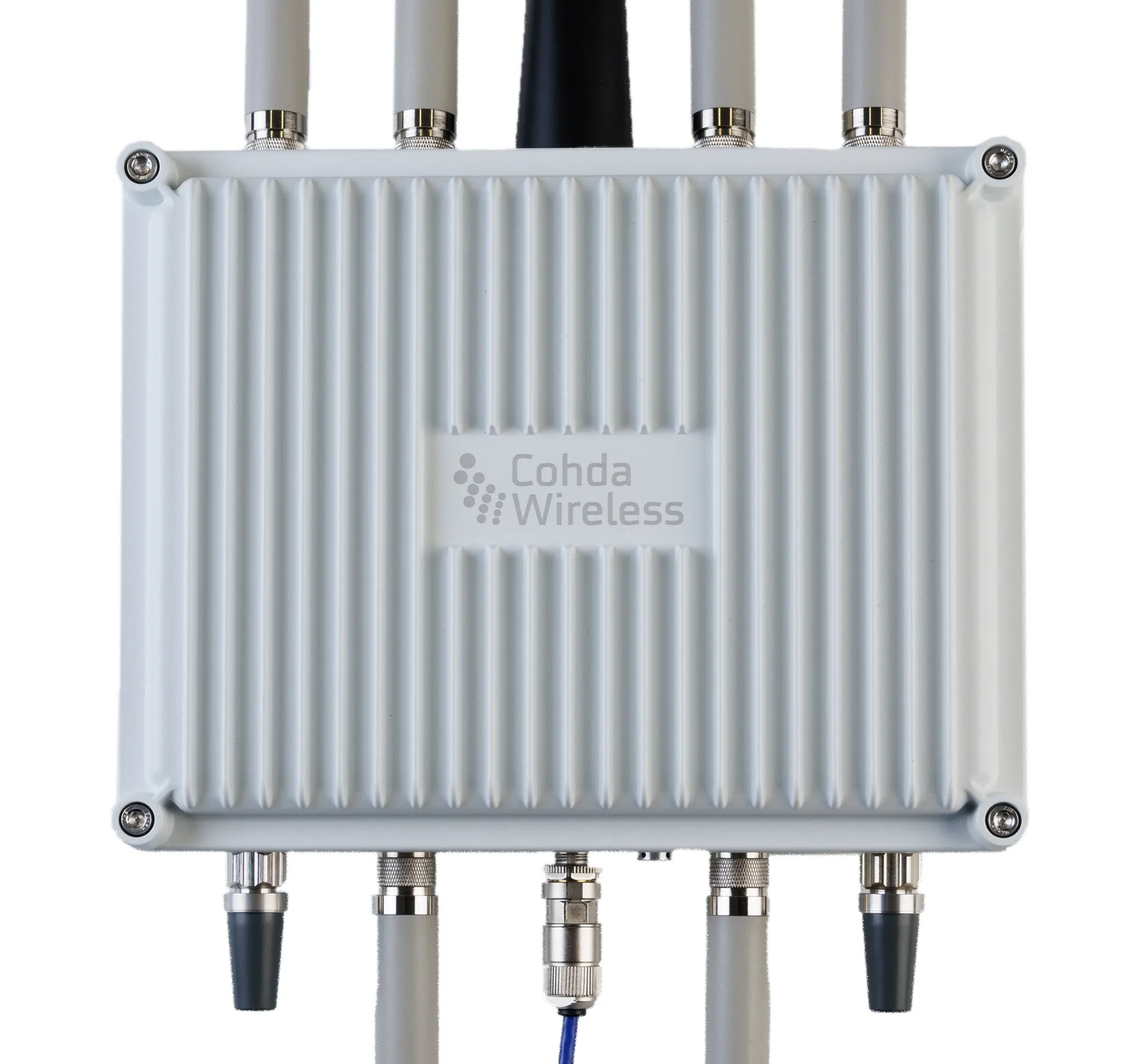Spanish automotive vision technology company Ficosa is to join the 5G Automotive Association (5GAA), an association of companies in the telecommunications and automotive sectors working to speed development and marketing of solutions to new connected mobility needs and autonomous vehicles.
Ficosa will join companies such as Audi, BMW, Daimler, Vodafone, LG, Ford, Qualcomm, Samsung, Huawei and Valeo and hopes to play a key role in 5GAA to define the future of connected mobility solutions.
5GAA aims to
February 24, 2017
Read time: 1 min
Spanish automotive vision technology company Ficosa is to join the 5G Automotive Association (5GAA), an association of companies in the telecommunications and automotive sectors working to speed development and marketing of solutions to new connected mobility needs and autonomous vehicles.
Ficosa will join companies such as2125 Audi, 1731 BMW, 2069 Daimler, 813 Vodafone, 954 LG, 278 Ford, 213 Qualcomm, 1809 Samsung, 6787 Huawei and 8036 Valeo and hopes to play a key role in 5GAA to define the future of connected mobility solutions.
5GAA aims to accelerate development, standardisation and marketing of solutions for connected cars and autonomous vehicles and their integration into Smart Cities, as well as laying the groundwork for implementing 5G technology in the automotive sector.
Ficosa will join companies such as
5GAA aims to accelerate development, standardisation and marketing of solutions for connected cars and autonomous vehicles and their integration into Smart Cities, as well as laying the groundwork for implementing 5G technology in the automotive sector.









